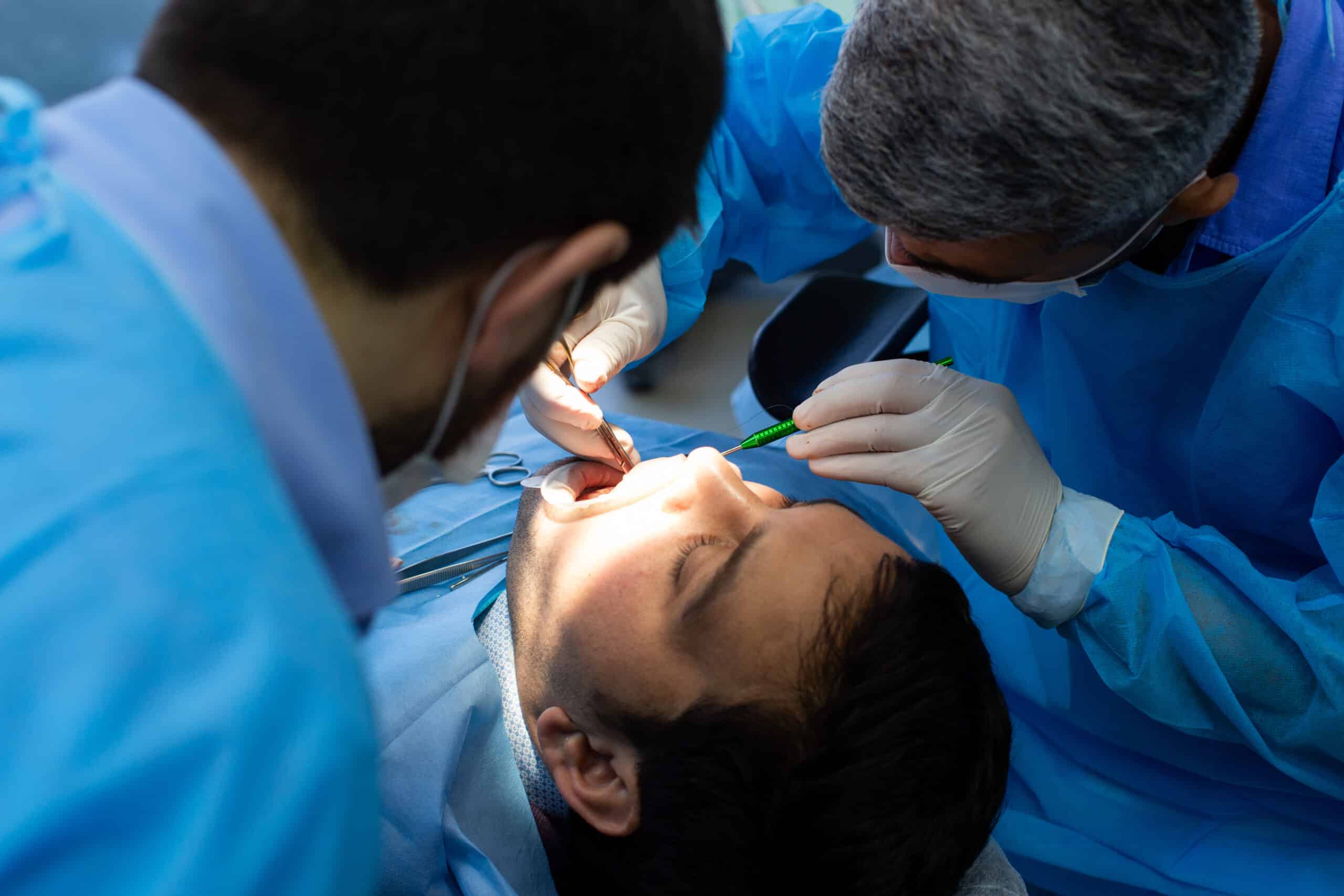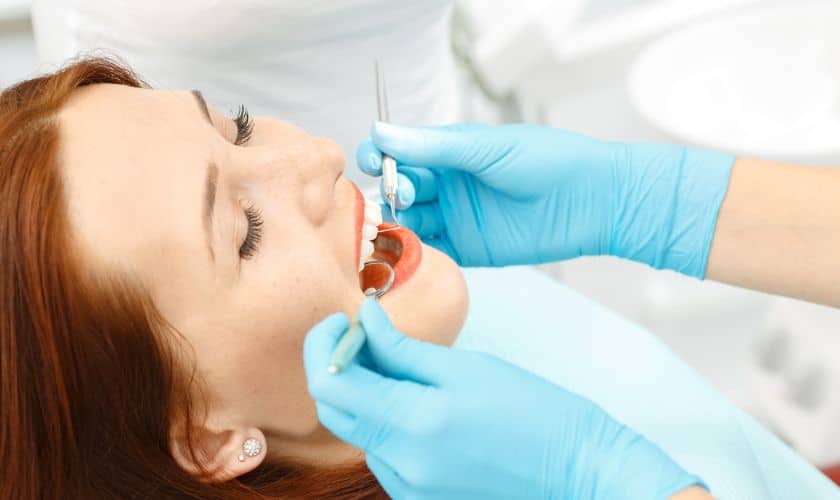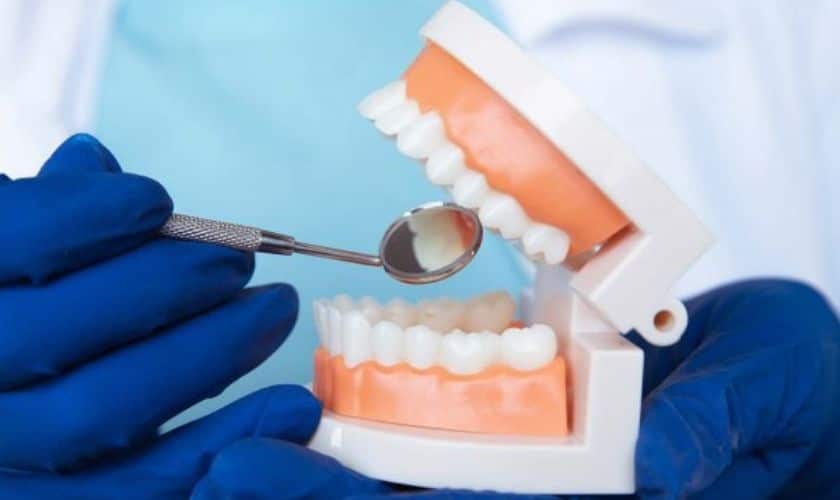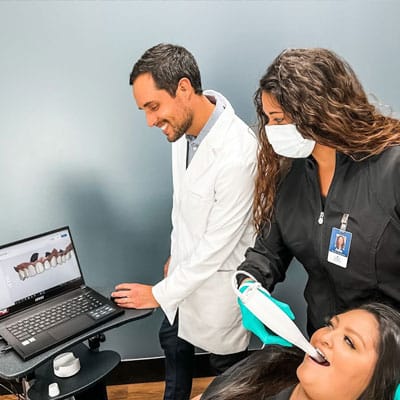
Are you experiencing some discomfort in your teeth? It might be time to consider wisdom tooth extraction. This dental procedure is often necessary when a tooth has been damaged beyond repair or is causing problems for the surrounding teeth and gums. But how do you know if you’re the right candidate for this procedure? In this blog post, we’ll discuss the factors to consider when choosing whether or not to have a tooth extracted and what to expect during and after the procedure. So sit back, relax, and let’s dive into everything you need to know about choosing the right candidate for wisdom tooth extraction!
Why You Might Need Wisdom Tooth Extraction
Wisdom tooth extraction is a common dental procedure that involves removing a tooth from its socket in the bone. While no one wants to lose a tooth, there are several reasons why your dentist may recommend extraction.
One of the most common reasons for tooth extraction is severe decay or damage to the tooth. If the decay has reached the pulp of the tooth, it can cause pain and infection. In some cases, root canal therapy can save the tooth, but if it’s too damaged or infected, then an extraction may be necessary.
Another reason for extracting teeth is overcrowding in your mouth. If you have too many teeth and not enough space in your jawbone to accommodate them all, then your dentist may suggest the removal of one or more teeth to make room for others.
In some cases, orthodontic treatment such as braces or aligners requires extractions before starting treatment. This helps create space to straighten existing teeth properly.
Other reasons for getting a tooth extracted include gum disease which could loosen up teeth from their sockets leading to eventual loss; trauma that causes significant damage beyond repair; and sometimes wisdom teeth need removal due to impaction issues
Having any dental issue checked as soon as possible will help avoid chance situations where invasive procedures like extractions are required.
Factors To Consider When Choosing A Candidate For Tooth Extraction
Before undergoing a tooth extraction procedure, there are several factors that dentists consider to determine whether or not you’re the right candidate. One of the most crucial considerations is the severity and location of your dental problem.
If you have experienced severe damage or decay in your teeth beyond repair by other treatments such as fillings or crowns, then it may be necessary to remove them through extraction. Moreover, if one of your teeth has undergone extensive root canal therapy but still causes pain and infection despite repeated treatment attempts, extraction can also be considered.
Another factor that determines candidacy for tooth extraction is gum disease. If left untreated, gum disease can result in loose teeth that eventually fall out on their own; however, sometimes removing these damaged teeth is necessary for preventing further problems from spreading throughout the mouth.
Additionally, orthodontic patients who require braces may need extractions beforehand to make space for the proper alignment of their remaining teeth. Similarly, individuals with overcrowded mouths might need some extra room by extracting one or more problematic molars.
Medical conditions like cancer treatment involving radiation therapy can lead to weakened jawbones and brittle gums. In this case, tooth removal becomes unavoidable to prevent serious complications and infections from occurring after radiation exposure.
Before choosing a candidate for tooth extractions several different factors must be analyzed first including the extent and cause of dental issues along with any pre-existing medical conditions which could affect recovery time post-surgery as well as long-term oral health outcomes.
The Procedure For Wisdom Tooth Extraction
The procedure for tooth extraction is a common dental surgery that involves the removal of one or more teeth from the mouth. The process usually takes about 20 to 40 minutes, depending on the complexity of the case.
Before the procedure, your dentist will numb your mouth with anesthesia so that you won’t feel any pain during the extraction. If you’re feeling anxious or nervous, they may also offer sedation options to help you relax.
Once you’re comfortable and numb, your dentist will use specialized tools to loosen and remove your tooth from its socket in your jawbone. In some cases, they may have to cut into the gum tissue surrounding the tooth to make it easier to extract.
After removing the tooth, your dentist will place gauze over the socket and ask you to bite down gently for about half an hour. This helps control bleeding and allows a blood clot to form in the socket.
Your dentist will provide instructions on how best to care for yourself after surgery, including dos and don’ts like avoiding hard foods or smoking cigarettes which can interfere with proper healing.
Aftercare For Tooth Extraction
Once your tooth has been extracted, it is important to take care of the extraction site to ensure proper healing. The first step is to bite down on a piece of gauze provided by your dentist for at least 30-45 minutes after the procedure. This will help stop any bleeding and allow a blood clot to form in the empty socket.
It is also recommended that you avoid smoking, drinking through a straw, or eating hard foods for at least 24 hours after the extraction. These actions can disrupt the blood clot and slow down the healing process.
To reduce swelling and discomfort, apply an ice pack to your cheek near the extraction site for 10-20 minutes at a time throughout the day. You may also be prescribed pain medication or antibiotics by your dentist.
When brushing and flossing your teeth, be gentle around the area where the tooth was extracted. Avoid using mouthwash until advised by your dentist as it can irritate and delay healing.
Following these aftercare instructions will help ensure proper healing of the extraction site and prevent any potential complications such as a dry socket or infection.
Wisdom tooth extraction is a common dental procedure that involves removing one or more teeth from the mouth. It can be necessary for various reasons, including overcrowding, infection, decay, and trauma.
When considering tooth extraction, it’s essential to choose the right candidate based on several factors such as age, health condition, medication use, and overall oral health. Doing so with your dentist’s guidance and expertise will ensure a successful procedure with minimal complications.
As always, proper aftercare is crucial in ensuring optimal healing following tooth extraction. Follow your dentist’s instructions carefully to avoid any postoperative complications like pain or bleeding.
Maintaining good oral hygiene habits such as brushing twice daily with fluoride toothpaste and flossing regularly can prevent many of the conditions that result in needing a tooth extracted. Regular visits to your dentist for checkups are also essential in identifying any potential issues before they become severe enough to require extraction.
If you have further concerns about having a tooth extracted or wish to schedule an appointment with our experienced dentists at [Practice Name], feel free to reach out today!











